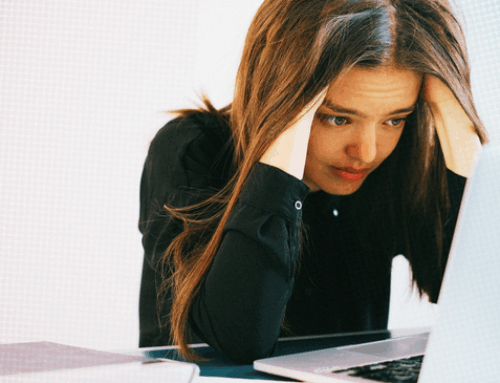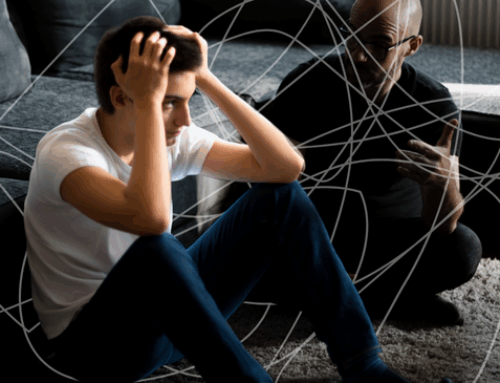CBT
Cognitive behavioural therapy (CBT) includes a variety of techniques ranging from exposure therapies – where the person either vividly imagines the feared situation or gradually confronts it in real life with the support of a therapist, in order to modify the irrational fear response – to learning cognitive techniques to change the patterns of thought that lead to anxiety. CBT is thought to be more effective than other psychotherapies, although some research has found it to only be effective in around 54% of anxiety patients. CBT tends to work better in younger patients, and some studies have suggested that its effectiveness could be enhanced using virtual reality.
Medication
Initially, doctors will usually prescribe antidepressants for anxiety. Some studies indicate these can reduce symptoms in 60-75% of patients. Other medications such as beta blockers and anticholinergics can be taken at the same time to reduce specific symptoms such as hand tremors or sweating. Antidepressants can have adverse side-effects including nausea, sexual dysfunction and hypertension. The alternative is benzodiazepines: these can rapidly relieve and control anxiety but are extremely addictive when taken long-term.
Herbal approaches
There is some evidence that herbal products such as kava, galphimia, German chamomile, bacopa, ginkgo, roseroot and others may reduce anxiety symptoms due to their sedative effects. The most researched of these is kava, which has been found to be effective in several placebo-controlled trials, and may compare favourably to benzodiazepines. However, for all these products, research studies remain limited. There have also been safety concerns regarding kava due to some reports of liver toxicity. If you are considering herbal medicines, you should discuss with your doctor, especially regarding any medication you’re already taking.
– David Cox
Read more: Seven Ways to Manage Anxiety







Leave A Comment